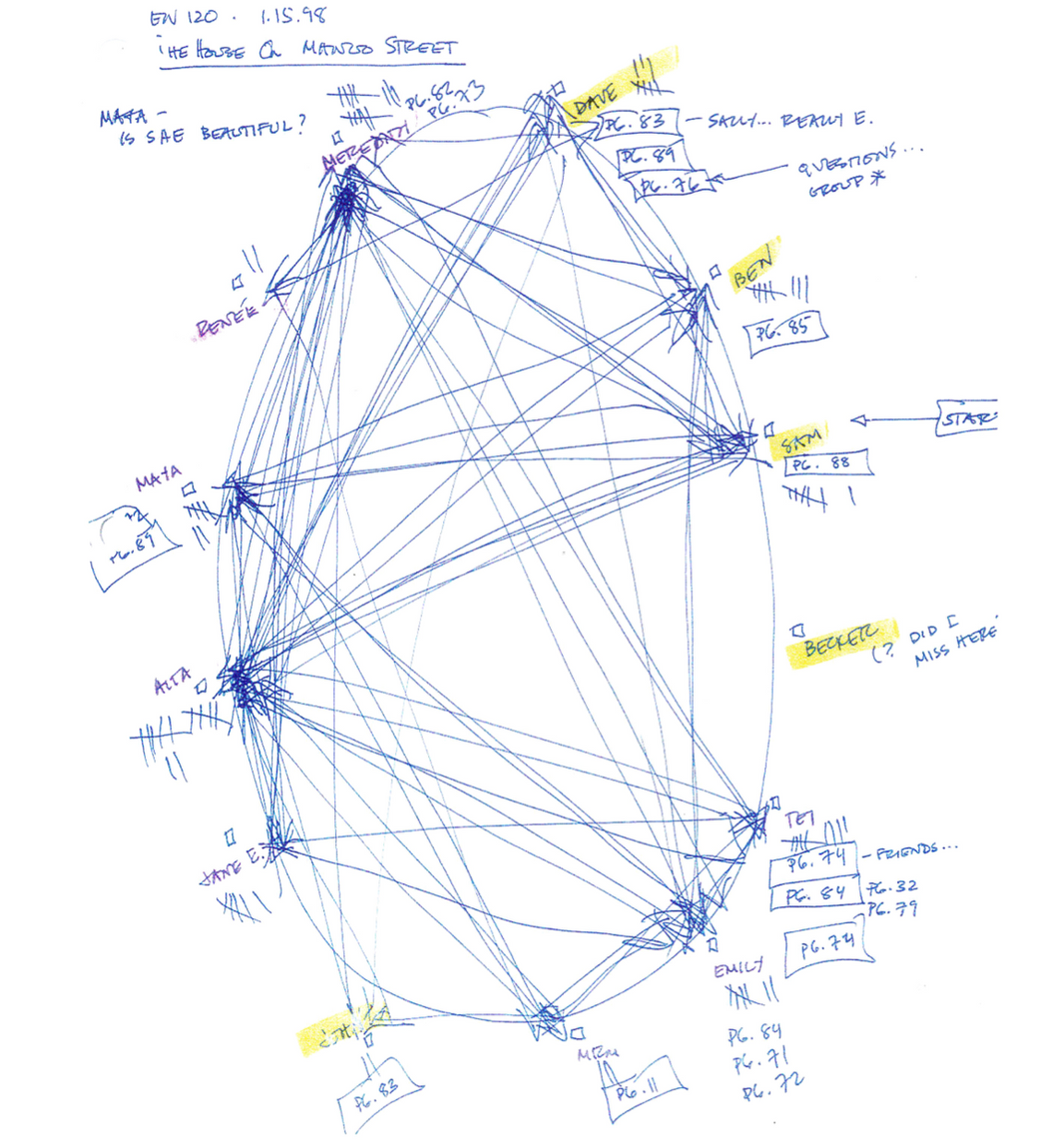By Courtney Warren
One of the best things about being a teacher is that I’m constantly learning. My school makes educating teachers a priority, a true blessing in the teaching world. We are constantly given opportunities to better ourselves so we can return to our classrooms and be better for our students.
Recently, a group of colleagues and I traveled to Little Rock Christian School. While there, we were introduced to a method called The Harkness Method.
This method is a teaching and learning method done through discussion. It first began at Phillips Exeter Academy in 1930 and was a gift from Edward Harkness. His philosophy was that education and learning was a “democratic affair.” Essentially, during Harkness, the students sit around a table and explore ideas as a group. They learn how to talk to each other, how to disagree, and how to see different perspectives. The entire point is not about being right or wrong, but, instead, it’s a collaborative approach to solving a problem and learning.
While Socratic Seminar is similar, the main difference is the goal. During Socratic, I would pose a question, and students would reach specific answers. During Harkness, I sit outside the circle at a student desk, removing myself as the authority in the room. Students then are free to bring any and all ideas to their Harkness. Using paper and a diagram of their circle, I track the conversation, and students can see where their conversation moved throughout the Harkness.
Now, at first this was tricky. We had to retrain our brains about being right and wrong – about what a grade actually means. Were we truly learning?
After a few weeks, students came in excited for Harkness. They sat in the circle and talked about reading The Giver by Lois Lowry. They came up with theories, answered each other’s questions, made annotations in their books, and then later would come back and prove their own theories to be true or false. It was incredible.
Now, this can be scary. Especially when you think of a group of students that might be more rowdy than most. I’m supposed to turn them loose in a circle and allow them to talk to each other without any moderation?
Yes.
Let me tell you why.
These were the students that thrived. There was no pressure, and they could ask any question. They talked about how the entire book could be a simulation. They discussed the importance of love in a marriage and why human connection matters. They talked about how having those human connections were dangerous in this book world, because, when we love people, we will go to any lengths to protect them – something the book’s fictional government feared.
These were conversations that students led themselves, with the freedom to explore their own thoughts and ideas. If anything, it showed them what they are truly capable of. After each Harkness, I point out their major discussion points, and they can see the diagram before they determine a leader. Everyone is brought in; they don’t leave any student to sit quietly in the circle.
Watching these students, who might doubt themselves, might never speak, or might overcompensate by speaking too much, truly blossom and discover what they’re capable of was the highlight of my semester. It showed me the beauty of learning. It showed them how to get excited about literature again.
I saw a student who thought he’d never pass literature become a true leader in Harkness, keeping his group on track and encouraging everyone to participate. I saw another student who started her first Harkness crying because she was terrified of getting the “wrong answers” say “I learned so much. This was actually fun.”
That’s what it’s all about. The questions we are often asked are, “How can we make learning fun? How can we bring back the focus to learning rather than the grade?”
I’m getting to see that in the Harkness Method. Teaching these middle schoolers has always done my heart good, but watching them find a love for learning has done my heart even better.
.png)

Comment
Comments